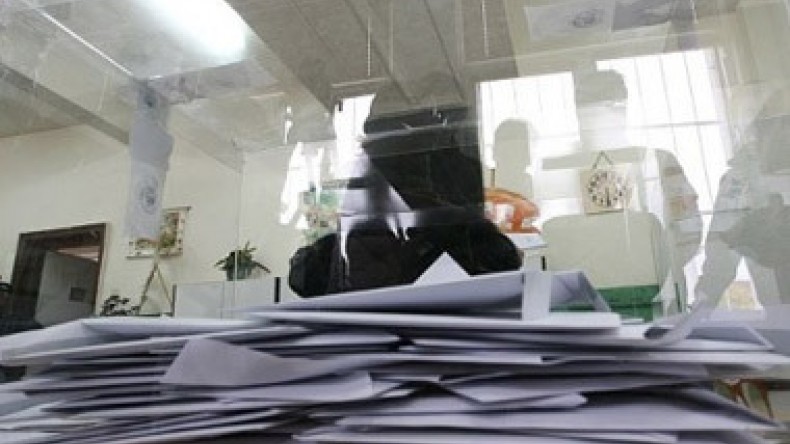
Bulgaria’s elections competitive and well run, but trust in process is lacking, international observers say
Bulgaria's early parliamentary elections on 12 May were held in a competitive environment, fundamental freedoms were respected, and the administration of elections was well managed, although the campaign was overshadowed by a number of incidents that diminished trust in state institutions and the process was negatively affected by pervasive allegations of vote-buying, international observers said in a statement today, according to the OSCE PA.
The campaign was competitive and generally free of violence, and the caretaker government undertook several measures to hold genuine elections. Cases of pre-election wiretapping and concerns over last-minute incidents related to ballot security, however, weakened public confidence in the process. The campaign was at times negative, with some parties using inflammatory and xenophobic rhetoric. Allegations of vote-buying continued, negatively affecting the campaign environment, the international observers noted.
"Voters had a genuine choice in a competitive campaign, and the authorities made real steps to uphold the integrity of the election, but scandals and the recent discovery of additional ballot papers without proper explanation undermined people's faith in the political system and, more worryingly, made them question the process itself," said Eoghan Murphy, the Special Co-ordinator who led the short-term OSCE observer mission. "When you look at the mistrust that exists between political parties, and at the current economic difficulties, this is a negative development."
"The lack of public confidence in the electoral process and the alienation of too many Bulgarians from their public institutions remains a matter of concern," said Andreas Gross, the Head of the delegation from the Parliamentary Assembly of the Council of Europe. "All those who have been elected have to address this in order to overcome the social and political crisis with which the Bulgarian people are confronted."
The process was well-administered by the Central Election Commission (CEC), which generally worked in an open manner, although providing more information on the times of all of its sessions and the basis for its decisions would have improved transparency, the statement said. There were some concerns expressed about the independence of lower election commissions, but the posting of CEC sessions on the Internet was a welcome transparency measure.
"It is only through democratic institutions that social, economic and political changes can be addressed effectively. In many countries we see systematic attacks on the credibility of the democratic institution of elections. It is not acceptable that, in order to win elections – the basis of democracy – elections are damaged," said Roberto Battelli, the Head of the OSCE Parliamentary Assembly delegation. "Genuine efforts at holding democratic elections that we have seen here are not enough, and addressing this must be a top priority for both national and international actors."
The legal framework for the elections generally provides a sound basis for the conduct of democratic elections when implemented properly. While some recommendations made by the OSCE Office for Democratic Institutions (ODIHR) and the Council of Europe were adopted in recent amendments to the Electoral Code, others remained unaddressed. Legal provisions on campaign financing could ensure a more transparent system, the statement said.
Although the media landscape during the campaign was pluralistic, media ownership lacks transparency. Public broadcasters and some private media granted contestants free airtime on popular election-related programmes, but a significant share of the campaign information had to be paid for, creating an unlevel playing field for candidates and limiting public media's role in providing voters with a broad range of information. Paid campaign information was not always clearly labeled as such, potentially misleading voters about the sources of election-related messages.
Election day took place in a calm and orderly manner, with polling station openings and voting mostly assessed positively, although the counting of ballots was more problematic in a number of cases. Tabulation, overall, was positive. The large number of proxies and observers present enhanced transparency.
"There were serious violations during this campaign. These have to be thoroughly investigated and those responsible prosecuted," said Miklós Haraszti, the Head of the OSCE/ODIHR long-term election observation mission. "In order to restore the trust of Bulgarian citizens in their democratic process, the cycle of impunity must be broken."
Newsfeed
Videos






























